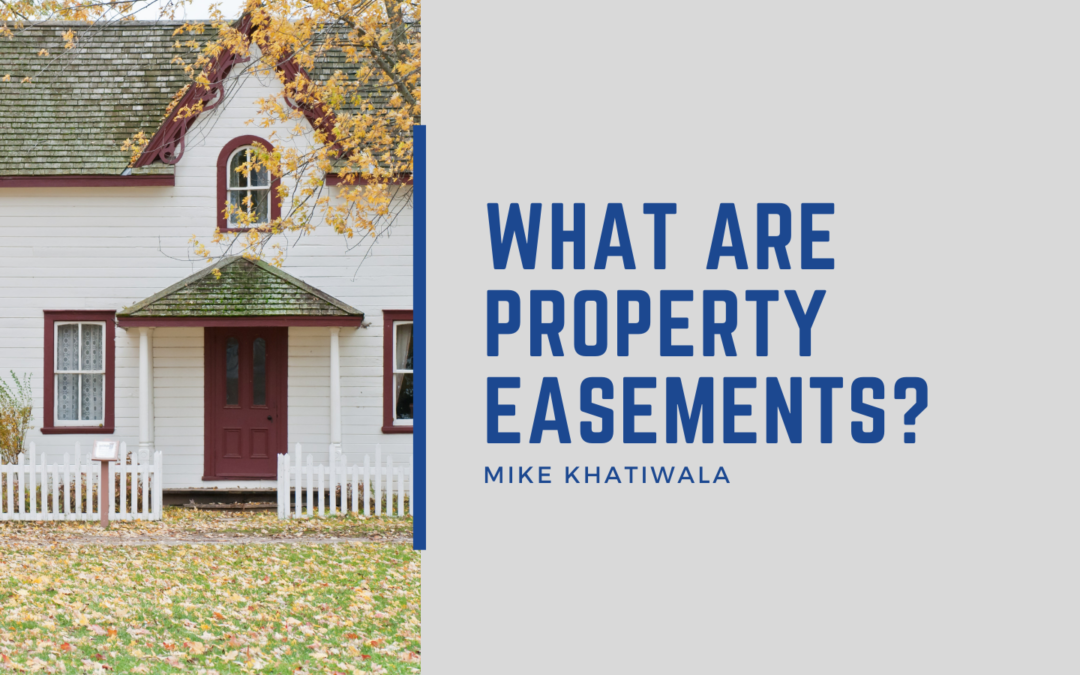Creation of Easements.
There are different ways in which easements may be established. These include creation by express grant, implication, necessity, or prescription (i.e., adverse possession). The express granting of an easement is the most common. It occurs by executing and recording legal instruments (e.g., a deed) bestowing the easement to the third-party holder. An implied easement originates when a property owner splits a tract of land into multiple parcels, and this separation blocks off access to and from a public road. If this occurs, the new owners would have an implied easement to go through the original grantor’s land to access the public road. An easement by necessity is similar to an implied easement. The difference is that in a situation where an easement by necessity arises, the parcels of land were not initially owned by a single individual or entity. If a property owner is landlocked from accessing a public road, that owner might be able to establish an easement by necessity through their neighbor’s land to access the public road. A prescriptive easement is established if a property owner openly uses another’s land without permission for a continuous period of time. If the original landowner fails to take corrective action within the pertinent period of time, the intrusive party may gain an easement by prescription.
Types of Easements.
Different types of easements include appurtenant, gross, affirmative, and negative easements. When dealing with an easement appurtenant, there will be two states: dominant and servant. The dominant estate benefits from the use of the servient estate. Easements appurtenant “run with the land.” This means that regardless of who owns the land, the easement stays.
An easement in gross only has a servant estate. A common example of an easement in gross is the use of the property by a utility company. Easements in gross do not run with the land. They are personal easements.
Affirmative easements give a right to the easement holder to use another’s property. Negative easements limit a landowner’s use of their own property in some manner (e.g., deed-restricted communities).
